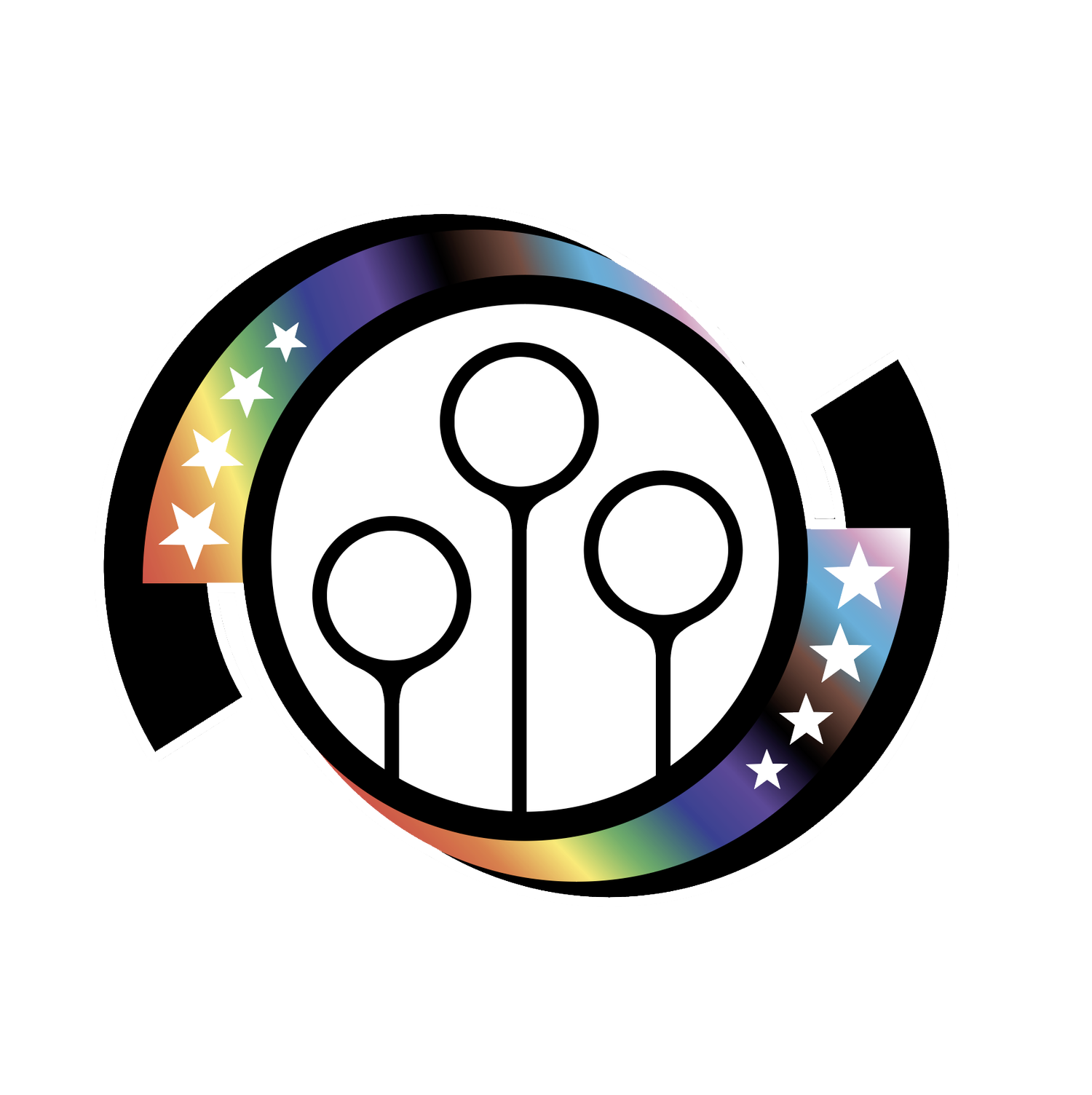Celebrating Women’s History Month
MARCH 1, 2023
BY MOLLY POTTER
MLQ NEWSLETTER COORDINATOR
The references to male and female in this piece are not to enforce the idea of a binary. They are meant to focus on the reality of misogyny that women face in sports and the male-centric ideologies that create such.
The National Women’s History Alliance, which led the movement for March to be declared Women’s History Month, announced the 2023 theme for March is “Celebrating Women Who Tell Our Stories”. Keeping with this theme, MLQ spoke to women in our league who tell our stories in various forms. First up is MLQ Newsletter Coordinator Molly Potter.
Can you give us a brief overview of your player biography in the sport?
I started playing quadball as an NYU freshman in 2014 and primarily play chaser. In US Quadball, I played on NYU’s team for four years and led the club during my junior and senior seasons. After graduating in 2018, I joined The Warriors for three seasons and now currently play and coach for New York Slice. I have also played four seasons of MLQ for the New York Titans — 2017, 2019, 2021, and 2022.
What got you into the media side of the sport?
I work in communications and generally enjoy the newsletter-related aspects of my job, so when I learned MLQ didn’t have an active email newsletter, I immediately wanted to help build it — they can be a great resource for growing a brand and accessing audiences in a different way than social. Working on newsletters entails an enjoyable mix of writing, editing, graphic and visual design, and marketing. I also wanted to create a central place for MLQ players and fans to get news, information and game recaps directly from the league…if you haven’t subscribed yet, please do!
Do you have any tips for others who might feel unqualified to put their voice out there?
Remind yourself that you know what you're talking about and be confident in your communication efforts. Look to others for inspiration, but try not to make direct comparisons to yourself — you’re the only one doing it like you!
When you're working your craft to get information to the public, are there any language or prose that you think could help others switch from just talking about the sport to translating it for viewers?
Using language from and comparisons to other, more familiar sports can be helpful. I like to take a step back and read my prose from the perspective of an audience member that knows nothing about the sport to ensure it’s not relying too heavily on quadball jargon.
Do you have any general thoughts on how we tend to discuss the sport? Things that are good? Need changing?
One particular thing that frustrates me is how men are usually the default when people discuss quadball positions. "Chasers" or "beaters" often really mean "male chasers" or "male beaters", but people hardly ever use those terms, yet "female chaser" and "female beater" are ubiquitous. Additionally, I think the sport could benefit from a really strong, clear, simple, and unified "elevator pitch" to explain it to those unfamiliar with quadball — i.e. some language that everyone in the community is familiar with and readily able to communicate with others.
As for positives, I do appreciate that there is a conscious effort, especially in recent years, to highlight women in the sport and to use the same language we use for men. I think this is an ongoing shift that is happening in sports media in general when it comes to women's and men's professional sports, and is especially important in a mixed-ed sport like quadball where everyone is quite literally playing the exact same sport. This is something I am very aware of when crafting the MLQ newsletter, to make sure that we are featuring people equally — both visually and in prose.
What's a hot take you feel like you have about the sport/future of the sport?
Perhaps not a hot take, but the sport is really going to struggle in the future unless there is a real concerted effort to grow the game at the college level and provide comprehensive support not only to existing teams but also towards creating new college programs. And this support shouldn’t just be purely financial, but could also be offering education on organizational, leadership, people management, coaching, etc. skills and streamlining marketing and recruitment efforts. From a player development standpoint, I also believe it’s crucial to encourage college players to participate in MLQ and to provide opportunities for them to play at a high level. College players are the future of the league and programs like the MLQ practice squads are an amazing touchpoint for them to experience the league.
Support Potter and her work by subscribing to the MLQ newsletter, The Drive and Dish, today!

